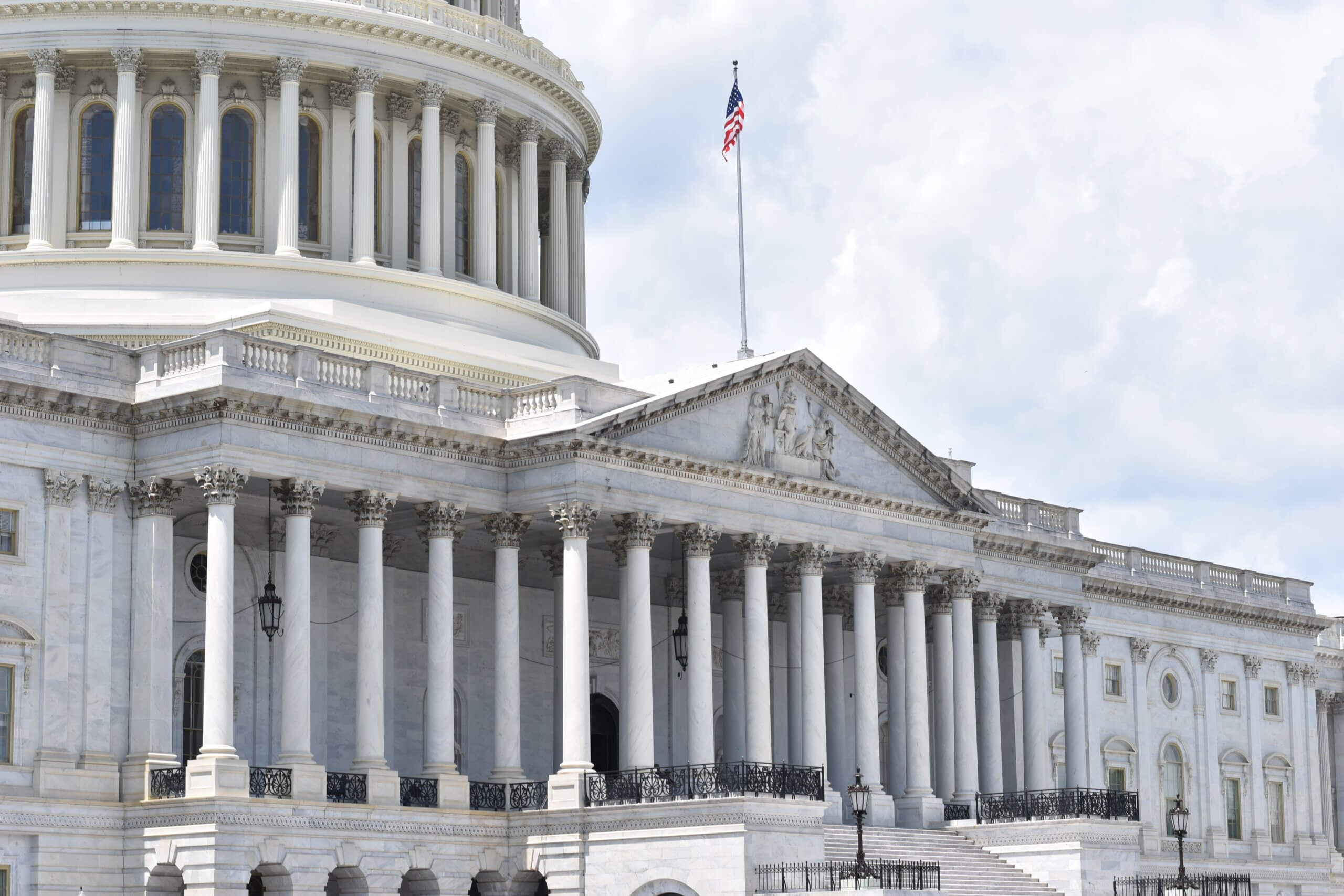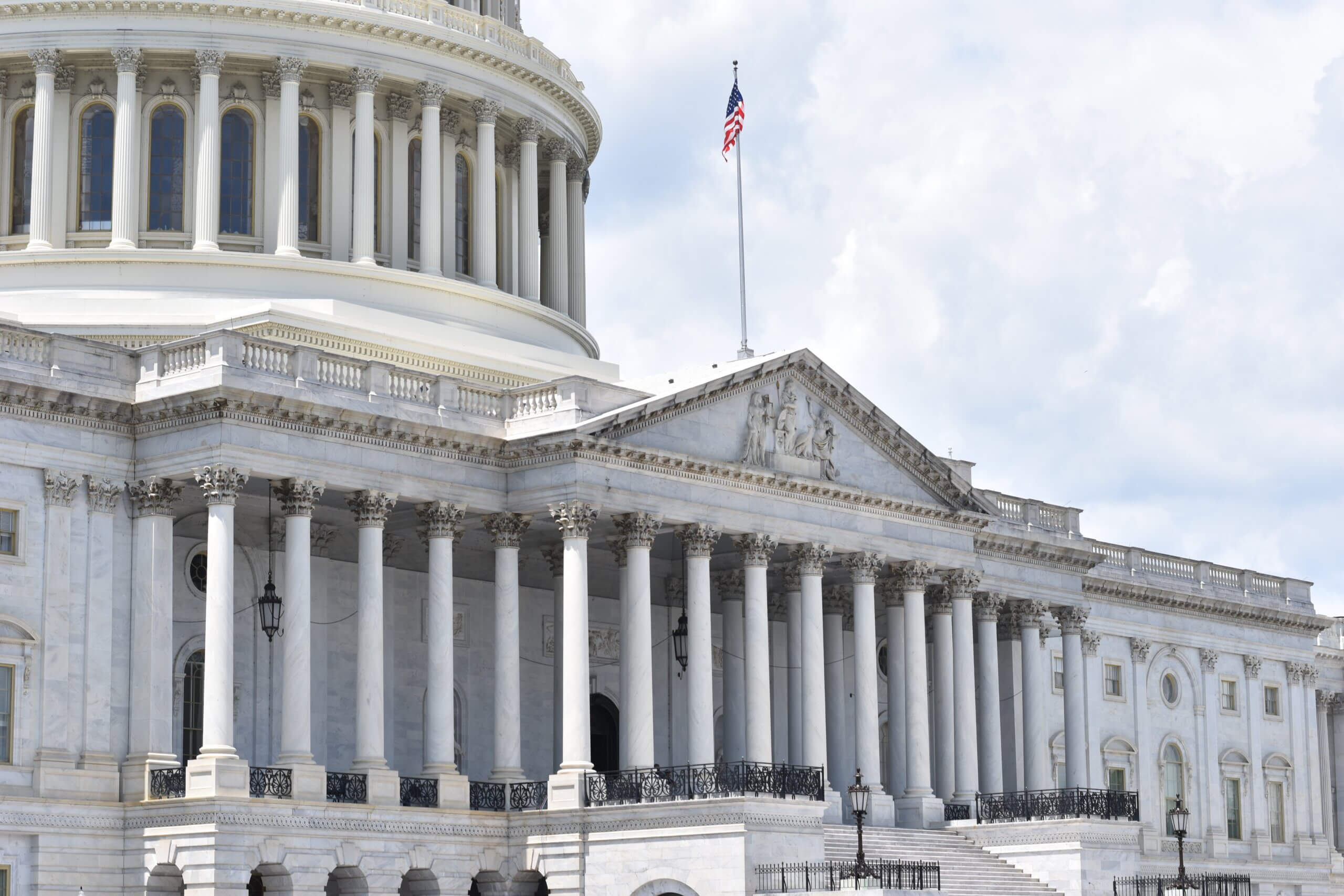On Wednesday night, Senator Klobuchar’s office released a revised version of the American Innovation and Choice Online Act (AICOA), the most extreme attempt to increase the government’s oversight over the tech industry in recent memory. The bill seeks to restrict the activities of US tech companies, banning, for example, Amazon from promoting its private-label products and Google its Docs services. At the same time, the revised bill exempts Chinese companies, namely TikTok, from any such oversight or restriction. In other words, AICOA threatens to undermine the foundation of America’s next-generation industrial – and national – power, at a time when such power is most necessary. This helps Beijing: The bill risks simultaneously and disproportionately empowering an authoritarian adversary intent on overtaking the US and supplanting the US-led global order, relying on its own, State-backed tech champions as the tip of their spear.
AICOA threatens to undermine the foundation of America’s next-generation industrial – and national – power, at a time when such power is most necessary. The US boasts a lead in the digital era and, with it, tools that can be leveraged to protect and promote a free, just, democratic global future. But instead of using that lead and those tools, Washington is busy shooting itself in the foot.
Beijing sees technology networks as critical tools of national power; the contest for big tech as the critical battlefield in today’s international political, social, and economic competition. And Beijing has determined that advantage in this contest will be determined by scope and scale: The Chinese Communist Party (CCP) wants to develop the world’s largest networks in order to lock in control over the information space – therefore to disseminate, manipulate, and collect unmatched information.
Right now, Beijing is fighting an uphill battle. The US boasts a lead in the digital era – and, with it, tools that can be leveraged to protect and promote a free, just, democratic global future. But instead of using that lead and those tools, Washington is busy shooting itself in the foot. The US risks chipping away at its own advantages and tilting the playing field in China’s favor. Meanwhile, Beijing is deploying State support, stolen technology, and weaponized algorithms not only to compete against the United States, but also to build the architecture for an authoritarian, CCP-controlled future.
Beijing sees technology networks as critical tools of national power; the contest for big tech as the critical battlefield in today’s international political, social, and economic competition. And Beijing has determined that advantage in this contest will be determined by scope and scale.
Senator Klobuchar knows this. She has identified China as the top national security threat to the US, vocally objected to Beijing’s efforts to steal US technology and infiltrate US infrastructure, and called on Washington to crack down on China’s non-market trade practices. She has also written a letter to TikTok, China’s leading international social media platform, demanding information on algorithms that promote self-harm, suicide, and other dangerous acts.
Every one of those cases directly relates to the matter at hand. China threatens US national and economic security by weaponizing commercial information networks. It uses stolen technology to that end – and in the process weasels its way into positions of influence in emerging US infrastructure. The Chinese state champions, like TikTok, that operationalize this strategy answer to the Party State at the expense of the US population. For example, even as TikTok algorithms encourage self-harm among American teenagers, the platform censors content that runs contrary to CCP interests. Its parent company, ByteDance, works with propaganda elements of the Chinese government to shape the content disseminated on its Chinese platforms. More recently, as Beijing has supported Russia’s invasion of Ukraine, TikTok has too. It was one of the few major technology platforms to comply with Russia’s censorship laws imposed in March, cutting users in Russia off from non-Russian accounts so that RT and Sputnik could dominate the narrative.
Meta, Google, and Apple did precisely the opposite. Google and Facebook blocked Russia’s State-owned media on their European platforms, effectively muffling the Kremlin’s propaganda. Apple halted sales of products in Russia. Across the board, US big tech has done more to push back at Russia and support Ukraine; to protect international norms and fight the rise of authoritarianism than has Congress.
Across the board, US big tech has done more to push back at Russia and support Ukraine; to protect international norms and fight the rise of authoritarianism than has Congress.
Last generation, and the generation before, US industry – powered by scale and global reach – fueled the country’s rise. It made the United States stronger, permitting not only national growth and prosperity but also international opportunity. The US needs that industrial strength now. But today, it will come from tech not from steel. And the reality of digital markets is such that it will only come if that tech operates on big platforms. Beijing is on pace to own those. The rest of the world is on pace to be living on the Chinese Communist Party’s network.
The United States needs a modern arsenal of democracy. It needs to stop sabotaging itself. It also needs to stop fueling the adversary. All of that can start with Congress waking up to the real risks posed by the CCP — and making the right choice on AICOA.
(Photo by Pexels)




